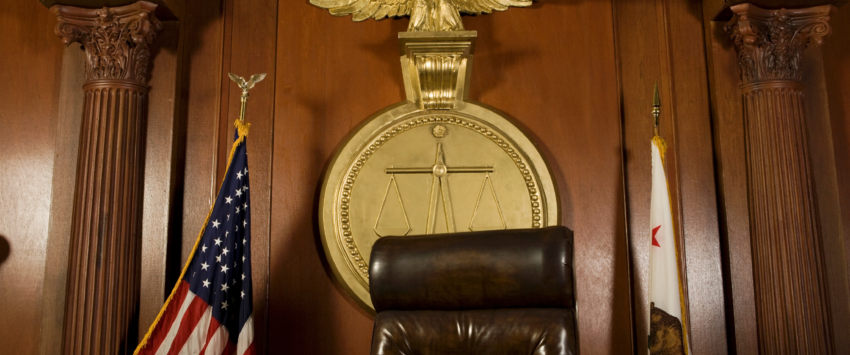
Certified Question on Disqualification of a Judge
- July 18, 2023
- ontarget
- Family Law
- 0 Comments
The Fourth District Court of Appeals recently certified this question: To what extent may a judge issue a written denial of a motion for disqualification that stays within the confines of both Florida Rule of General Practice and Judicial Administration 2.330(h) and the “status of the record” exception enumerated in Barwick v State.
Motions to disqualify trial judges are governed by Florida Rule of General Practice and Judicial Administration 2.230. Rule 2.230(h) governs the parameters of a trial court’s ruling on such a motion as follows:
(h) Determination-Initial Motion. The judge against whom an initial motion to disqualify under subdivision (e) is directed may determine only the legal sufficiency of the motion and shall not pass on the truth of the facts alleged. If any motion is legally insufficient, an order denying the motion shall immediately be entered. No other reason for denial shall be stated, and an order of denial shall not take issue with the motion. If the motion is legally sufficient, the judge shall immediately enter an order granting disqualification and proceed no further in the action. Such an order does not constitute acknowledgement that the allegations are true.
The trial judge has no obligation to grant the motion for disqualification because it was legally insufficient. The fact that the judge has ruled adversely to the party in the past does not constitute a legally sufficient ground for a motion to disqualify. A trial judge’s expression of dissatisfaction with counsel or a client’s behavior alone does not give rise to a reasonable belief that the trial judge is biased and client cannot receive a fair trial.
However, a trial judge may not address the truth of the facts alleged in a motion to disqualify. When a judge has looked beyond the mere legal sufficiency of a suggestion of prejudice and attempted to refute the charges of partiality, she/he has then exceeded the proper scope of her/his inquiry and on that basis alone established grounds for her/his disqualification. The disqualification rule, which limits the trial judge to a bare determination of legal sufficiency, is designed to prevent the creation of “an intolerable adversary atmosphere” between the trial judge and the litigant.
It must be noted that there is an exception to take issue with the motion for disqualification where a trial court’s elaboration in denying the motion amounts to an explanation of the status of the record.
If you have more questions regarding a Marital and Family Law matter, Guardianship matter, Probate Administration matter, or Elder Law matter, you may call Ann Marie Giordano Gilden at Ann Marie Giordano Gilden, P.A. at 407-732-7620 and set an initial consultation.
This article is for informational purposes only and does not form an attorney client privilege.
